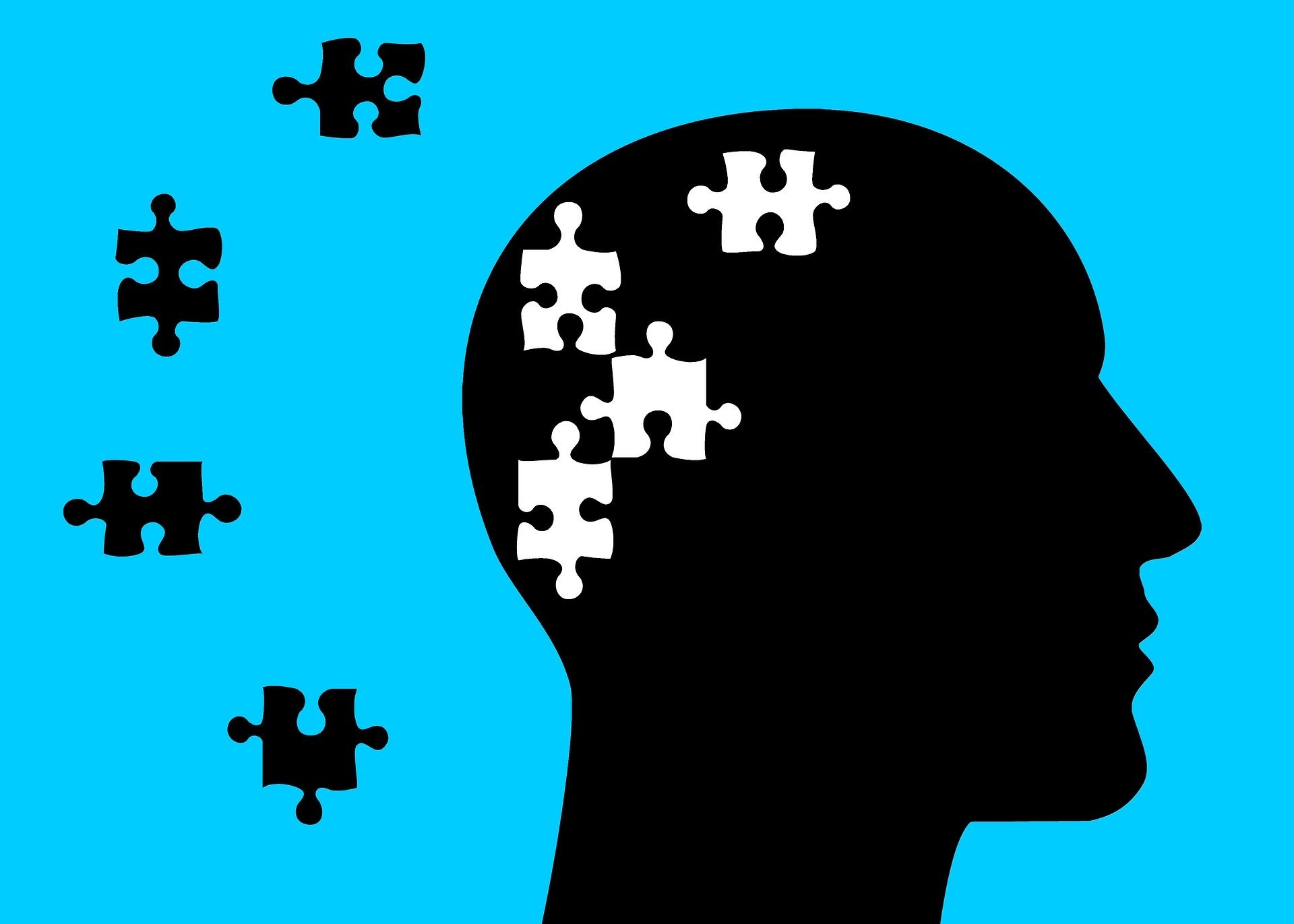
Unlock your ability to understand the complex world of anxiety disorders with this Cognitive Behavioural Therapy (Anxiety Disorders) Accredited Diploma.
This online course is designed to give you the knowledge of what CBT actually is and how it can benefit yourself, family and friends or your clients.
This life-transforming training is designed to train students who wish to add CBT skills to their practice. The course will help you distinguish yourself from other Therapists by giving you different tools to better understand and work to support clients or family members suffering from anxiety disorders.
By the end of this course students will:
- Know what Cognitive Behaviour Therapy (CBT) means and how it can be used with Anxiety Disorders
- Understand some of the history of CBT
- Know the difference between CBT and Psychotherapy
- Recognise what type of problems your clients are experiencing
- Detect any unhelpful thinking and behaviour in your clients
- Set SMART goals for your clients to start tackling their problems
- Understand the different types of Anxiety Disorders
- Recognise that CBT can be used in personal and professional contexts
- Have access to CBT protocols and tools that can be used in clinic with clients#
"We can’t solve problems using the same kind of thinking we used when we created them.’ – Albert Einstein
It is significant to understand that CBT is not a simple minded “recipe” approach to therapy: if the client has this problem, then use that technique. CBT cannot get rid of the problem, but it can help a person to handle the problem in a more constructive way. The approach conferred in this course is based on understanding your client, about whom you should already have some background based on your clinical and personal experience and bringing the two together in a treatment plan.
Important Note: It is very important when completing this course that you understand this is a development of your CBT skills in your helping relationships, this is not requiring you to provide standalone CBT sessions i.e. using this qualification to call yourself a CBT Therapist. It would be very dangerous to practice CBT without being appropriately qualified and supervised, please refer to being and accredited CBT Therapist and the BACP
https://babcp.com/Minimum-Training-Standards
To book onto this course, please click the link below:
Cognitive Behaviour Therapy For Anxiety Disorders
Online courses are best taken on a desktop, tablet or laptop. As with all platforms you can take online course on a mobile phone, however this may be limited on an older phone version which is usual with all online platform.
